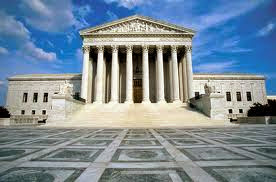From: Les Carpenter Rational Nation USA Purveyor of Truth Time to shed the right -vs- left, socialism -vs- capitalism hyperbole and purchase Thomas Piketty's new book " Capital in the Twenty-First Century. " PARIS — Thomas Piketty turned 18 in 1989, when the Berlin Wall fell, so he was spared the tortured, decades-long French intellectual debate about the virtues and vices of communism. Even more telling, he remembers, was a trip he took with a close friend to Romania in early 1990, after the collapse of the Soviet empire. “This sort of vaccinated me for life against lazy, anticapitalist rhetoric, because when you see these empty shops, you see these people queuing for nothing in the street,” he said, “it became clear to me that we need private property and market institutions, not just for economic efficiency but for personal freedom.” (emphasis mine) But his disenchantment with communism doesn’t mean that Mr. Piketty has turned his back on the intellectual ...


